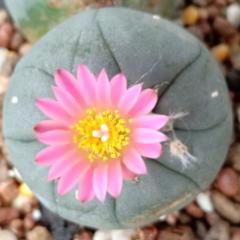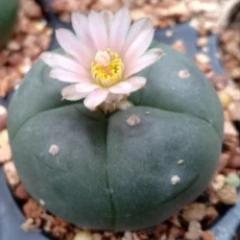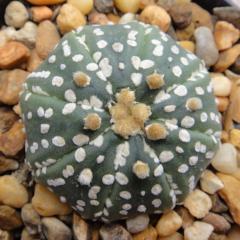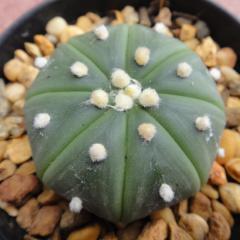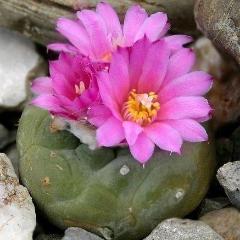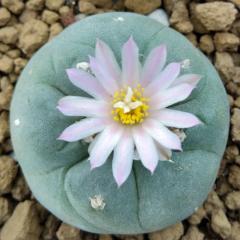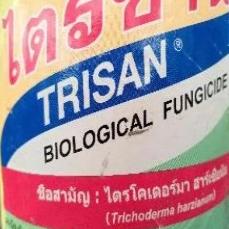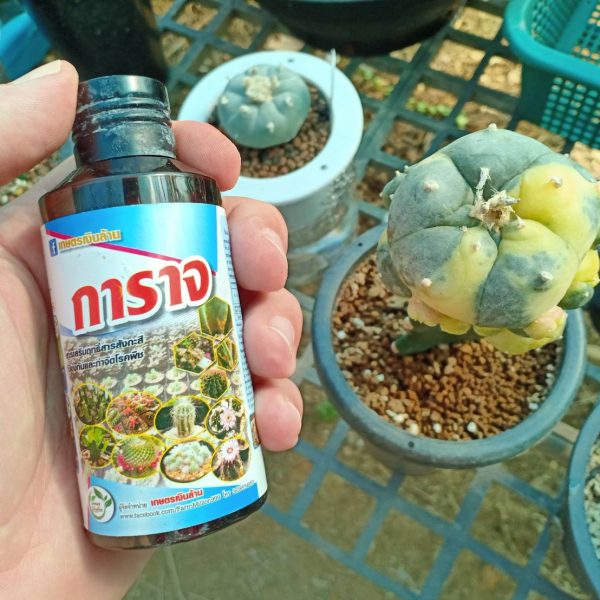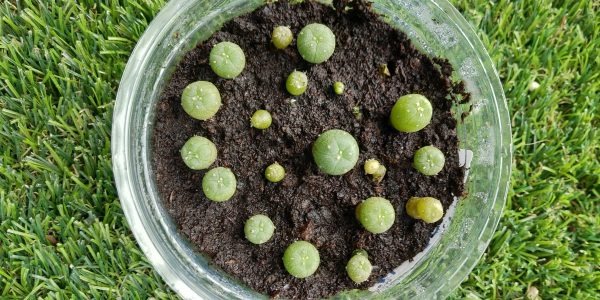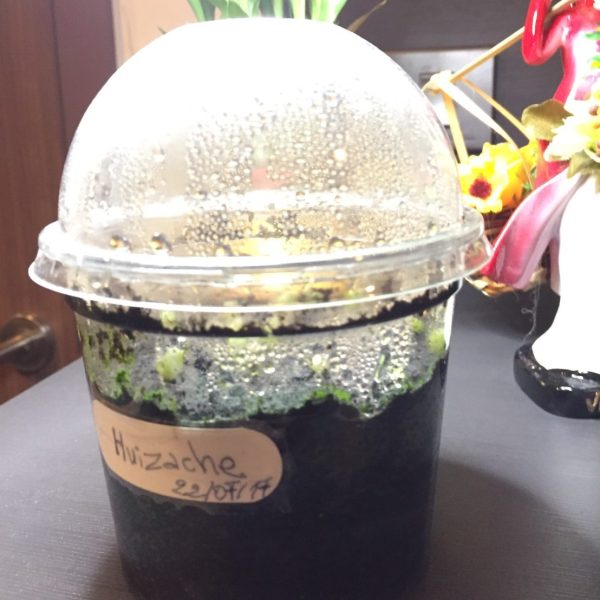Peyote & San Pedro Cactus
Introduction: Why Choose Peyote & San Pedro Cactus at Psychedelics Lab?
Peyote (Lophophora williamsii) and San Pedro (Echinopsis pachanoi) are two of the most studied natural psychedelic cacti, revered in traditional spiritual and medicinal practices and now recognized for their neuropharmacological potentials. These cacti produce mescaline, a potent psychedelic phenethylamine responsible for their psychoactive effects. Psychedelics Lab supplies high-purity extracts and isolated mescaline from both cacti, produced under strict quality controls to support research in the USA and Europe.
Fricii purple flower
€16.32 €19.76Price range: €16.32 through €19.76Fricii variety Coahuila Sierra Zavaleta
€16.32 €19.76Price range: €16.32 through €19.76What Are Peyote and San Pedro Cacti?
Peyote is a small, spineless cactus native to the southwestern United States and Mexico, traditionally used in Native American ceremonies. San Pedro is a fast-growing columnar cactus native to the Andean region of South America, used medicinally and ritually for over 3000 years. Both cacti contain mescaline as their primary psychoactive alkaloid, but also include other phenethylamine derivatives and alkaloids such as hordenine, lophophine, DMPEA, and pellotine.
Mescaline is concentrated in the photosynthetic stems and buds of these cacti, with Peyote containing approximately 0.4% fresh weight (typically 3-6% dried), and San Pedro variable around 0.05% to 4.7% depending on species and specimen. Mescaline acts mainly by agonizing serotonin 5-HT2A receptors, producing classic psychedelic effects such as euphoria, visual hallucinations, and altered perceptions.
Popular Peyote & San Pedro Cactus Research Chemicals
| Source | Active Compounds | Research Use Cases | Availability in USA/EU |
|---|---|---|---|
| Peyote (Lophophora williamsii) | Mescaline, Pellotine, Lophophine, Anhalonidine | Serotonin receptor research, psychedelic pharmacology | Available |
| San Pedro (Echinopsis pachanoi) | Mescaline, Hordenine, Lophophine, DMPEA | Psychopharmacology, ethnobotanical studies | Available |
Extracts and isolated alkaloids are prepared by validated extraction and chromatographic techniques, ensuring purity ≥98% confirmed with third-party analytical verification.
Why Purity Matters: Psychedelics Lab Standard
Purity above 98% is essential for safe, reproducible pharmacological and clinical research. Psychedelics Lab adheres to stringent extraction, purification, and analytical protocols with certificates of analysis issued for every batch to ensure research-grade quality.
FAQ: How Is Purity Determined?
Purity is determined through chromatographic and spectrometric analyses such as HPLC and GC-MS, quantifying mescaline and related alkaloids while detecting impurities.
Safety, Compliance, and Delivery
Peyote and San Pedro products are distributed exclusively for scientific research, conforming to USA and European legal standards. Verification of local regulatory compliance is the customer’s responsibility. Shipments are discreet, insured, and trackable. Storage recommendations include cool, dry, and dark conditions to preserve chemical integrity.
How to Choose Peyote & San Pedro for Research
Research focus guides the choice: Peyote is preferred for studies of traditional use and higher mescaline content; San Pedro for sustainable sourcing and broader chemical profiles. Psychedelics Lab offers consultation to tailor product selection to research goals.
Frequently Asked Questions
Does mescaline concentration vary between Peyote and San Pedro?
Yes, Peyote typically has higher mescaline concentrations but San Pedro’s fast growth offers sustainable larger biomass for research.
Are there legal limitations on purchase?
Products are available for research purposes with purchaser responsibility for ensuring compliance.
Is scientific support offered?
Yes, tailored research guidance and technical support are provided.
Call-to-Action Box
Explore Peyote & San Pedro Cactus Extracts – View All Products
Contact Us for Custom Synthesis or Bulk Orders

